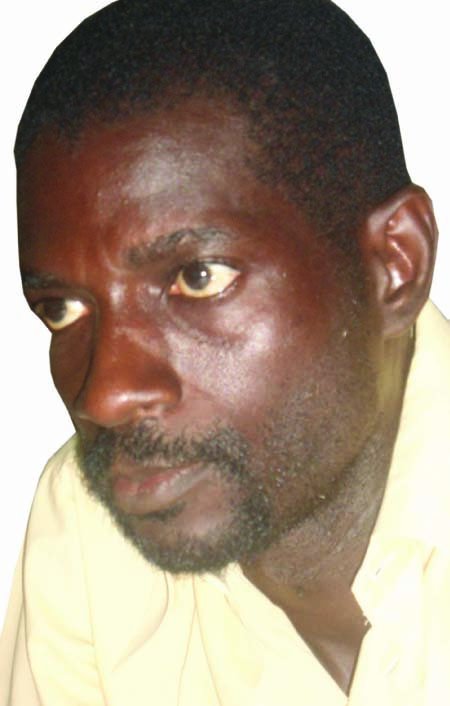
Despite several demands for the Government of The Gambia to uphold its democratic obligations and engender an enabling environment that will guarantee freedom of expression and the press, the situation of freedom of expression and journalists in The Gambia is increasingly worrisome, the Gambia Press Union (GPU) has said.
In a statement issued to mark World Press Freedom Day, which is being commemorated across the world today 3rd May 2012, the union said seventeen years have now passed, but journalists and other members of the media are routinely subjected to arrest, detention, unnecessary trials and closure of media houses, making it extremely difficult for them to do their work.
“Given that The Gambia is a democracy, coupled with the fact that some of the laws we have in our statute books have no place in a democratic society, we strongly believe that some of the colonial laws that sought to stifle dissent should be revisited and replaced with progressive laws,” it said in its statement.
Below we reproduce the full text of the GPU statement on World Press Freedom Day:
Compatriots, journalists and friends of the media
Today is World Press Freedom Day. Twelve years ago, this day was set aside by the United Nations General Assembly through decision 48/432 to celebrate the fundamental principles of press freedom; to evaluate press freedom, to defend the media from attacks on their independence and to pay tribute to journalists who have lost their lives in the line of duty.
The Gambia Press Union with conviction that everyone has the right to freedom of opinion and expression; this right includes freedom to hold opinions without interference and to seek, receive and impart information and ideas through any media and regardless of frontiers; annually joins the rest of the world to celebrate the day.
Today, we will commemorate the event at the TANGO Conference Hall in Kanifing. The commemoration will take a critical look at the Seditious libel laws, the laws on Criminal Defamation and False Publication by a
Compatriots, journalists and friends of the media,
We have long been celebrating World Press Freedom Day and have always demanded from the government to uphold its democratic obligations and engender an enabling environment that will guarantee freedom of expression and the press. Yet, the situation of freedom of expression and journalists in The Gambia is increasingly worrisome, as the state continues to apply draconian media laws against journalists.
Seventeen years have now passed; journalists and other members of the media are routinely subjected to arrest, detention, unnecessary trials and closure of media houses, making it extremely difficult for them to do their work. This continuous practice is negating free expression and undermining our cherished democratic values which are essential ingredients in promoting investment and socio-economic growth.
Given that the Gambia is a democracy coupled with the fact that some of the laws we have in our statute books have no place in a democratic society, we strongly believe that some of the colonial laws that sought to stifle dissent should be revisited and replaced with progressive laws as proposed by the Special Rapporteur for Free Expression and Access to Information at the African Commission on Human and Peoples’ Rights.
It should be noted that journalists like all other sectors and professionals are legitimate and have a right to contribute their quota to national development. We serve a crucial role not only in bringing the state closer to the citizenry but also in promoting the creation of an open society where democracy and development flourish. The accomplishment of our crucial role would be hard to come by under a restrictive legal and policy environment.
It is disheartening to note that even though the Gambian leader has been inaugurated into office for another five year term; the
We also call on the State to intensify its investigation into the death of journalist Deyda Hydara who was murdered in cold blood on the night of 16 December 2004. Furthermore, we call on the state to work with its progressive allies with a view to unearthing the facts on the disappearance of journalist Chief Ebrima Manneh, a senior reporter of the Daily Observer Newspaper who has gone missing since 2006.
Right goes with responsibility. Therefore it is important for journalists to do their utmost with a view to upholding the tenets of the profession. Media practitioners and journalists too should refrain from unprofessional practices that have the potential to bring our reputation into disrepute.
Media is a tool for promoting development and nurturing peace; therefore it is important for journalists to not only be defending human rights and promoting a climate for economic investment, but they should also ensure that inflammatory and hate speeches are not given space in our media – be it print, broadcast or online.


